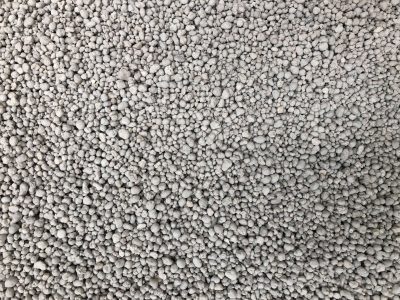$895.00/t

Triple Superphosphate is best suited to applications when there is a limited requirement for nitrogen and sulphate sulphur. Triple Superphosphate should also be considered as a phosphate source when freight and application costs are high such as aerial application jobs.
The benefits of using Triple Superphosphate are:
Summer, Autumn, Spring
When applying larger phosphate applications water soluble phosphate such as that contained in TSP can lose efficiency in some soil types that have a limited ability to hold onto phosphate. In these situations we recommend blending TSP with a non-water soluble form of phosphate such as DDPhos Granulated RPR. For more information speak to your Dickie Direct Area Manager.
Copyright 2024 Dickie Direct | Terms and Conditions | Website by MRD Web